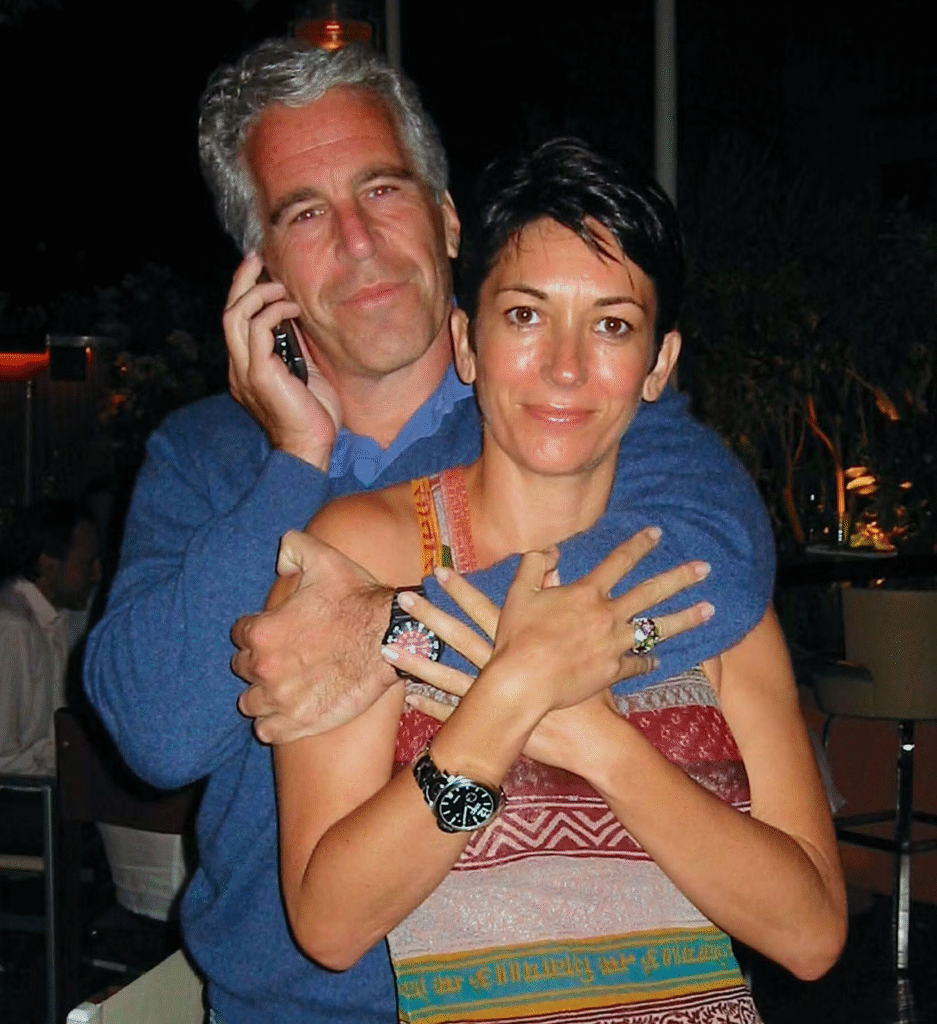News
Trump, Epstein, and the Fight for Truth
Few stories have gripped and divided the American public like the tangled saga of Donald Trump and Jeffrey Epstein. Their connection—shrouded in mystery, speculation, and conflicting narratives—has become a lightning rod for debates about power, privilege, and the manipulation of truth in modern America. In an era of relentless misinformation and political spin, the quest for clarity in the Trump-Epstein story is not just about two men, but about the very fabric of public trust.

The Trump-Epstein Connection: What We Know
Donald Trump and Jeffrey Epstein moved in similar elite social circles for decades. Photographs, party guest lists, and public comments confirm that the two knew each other, socialized at Mar-a-Lago and other high-profile venues, and shared acquaintances in business and entertainment.
- Early Friendship: Trump once described Epstein as a “terrific guy” who liked “beautiful women, as much as I do, and many of them are on the younger side.”
- Public Fallout: As Epstein’s legal troubles mounted in the late 2000s, Trump distanced himself, claiming he was “not a fan” and had banned Epstein from Mar-a-Lago.
Yet, the full extent of their relationship—what they knew, what they did, and who else was involved—remains a subject of speculation and investigation.
Gaslighting, Deflection, and the Erosion of Trust
When the Epstein scandal exploded, the Trump administration’s response followed a familiar playbook:
- Denial and Distance: Trump and his allies quickly downplayed the relationship, offering contradictory statements and shifting blame onto political opponents.
- Selective Disclosure: Official comments focused on what Trump supposedly didn’t know, rather than what he might have known or witnessed.
- Attacks on the Media: Journalists investigating the connection were labeled as “fake news,” further muddying the waters for the public.
This pattern of narrative control—sometimes called gaslighting—leaves citizens questioning their own understanding of events, and erodes faith in both media and government institutions.
Why the Truth Matters
The Trump-Epstein story is not just tabloid fodder. It’s a case study in how powerful figures can shape, distort, or suppress inconvenient truths. When the facts are obscured:
- Victims Suffer Twice: Survivors of Epstein’s crimes are denied justice and closure.
- Public Cynicism Grows: Americans become more skeptical of all official narratives, fueling conspiracy theories and polarization.
- Accountability Fades: Without transparency, those in power can evade consequences for their actions or associations.
The Fight for Truth: Who’s Leading It?
Despite obstacles, a coalition of journalists, activists, and independent investigators continues to push for answers:
- Investigative Reporting: Outlets like The Miami Herald played a crucial role in exposing Epstein’s crimes and the failures of the justice system.
- Legal Action: Lawsuits and FOIA requests seek to unseal documents and testimony that could clarify who knew what, and when.
- Public Pressure: Social media campaigns and advocacy groups keep the issue in the spotlight, demanding accountability from all involved.
What’s Still Hidden?
Key questions remain unanswered:
- What was the true nature of Trump and Epstein’s relationship, particularly in the years before Epstein’s first conviction?
- Who else in the political, business, and entertainment worlds was aware of or complicit in Epstein’s activities?
- Why have so many documents and testimonies related to Epstein’s network remained sealed or redacted?
Conclusion: Why We Can’t Look Away
The Trump-Epstein saga is about more than salacious headlines. It’s a litmus test for American democracy’s ability to confront uncomfortable truths and demand accountability from the powerful. The fight for truth is ongoing—and it’s up to all of us to keep asking questions, refusing easy answers, and insisting that no one is above the law.
In a world awash with spin and distraction, the pursuit of truth remains the most radical act of all.